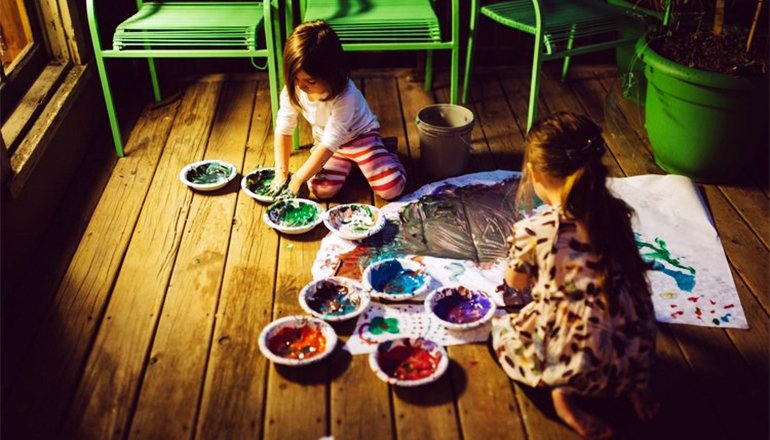There are more than 15,000 children in Missouri’s foster care system, and that number is growing, due largely to the state’s opioid crisis and growing rate of poverty. The increase underscores the need to recognize the contributions foster parents make in the lives of children – and one reason why Thursday has been declared National Foster Parent Appreciation Day by the U.S. Senate.
DeAnna Alonso, CEO of the Central Missouri Foster Care and Adoption Association, says when placing children, the association looks to extended family members first. “Kids do better with people that they know than stranger foster care,” Alonso states. “And so relative care is something that has been taking the forefront, and so there are real needs and resources that those families need.”
In response to the growing need for foster caregivers, Congress in February passed the Family First Prevention Services Act. The law provides more funding for programs such as parenting classes, substance abuse treatment and mental health services – all designed to prevent children from being placed in foster care. Jaia Lent, deputy executive director of the advocacy group Generations United, says it’s important that relatives caring for foster children be supported programmatically and financially when needed.
“The foster care system is increasingly relying on relatives to care for children when they can’t remain with their parents, so relatives are really on the front lines of providing support and safe homes for children who are impacted by the opioid crisis,” she points out.
The number of children in foster care in Missouri has increased by more than 5,000 since 2007 and Alonso says while some may assume foster children are troubled children it’s important to remember what these children have experienced. “The fact of it is kids wouldn’t be coming into foster care if they weren’t being abused and neglected,” she points out. “It’s not their fault at all, so we’re the ones who have to change the way that we see foster care.”
Alonso adds it’s often difficult to keep sibling groups together and her organizations and others in the state welcome people willing to take on multiple children to keep families together.







